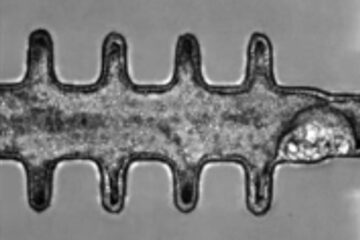School-based prevention programmes for aggressive children improve behaviour

A Cochrane Systematic Review that draws data from more than fifty different trials shows that delivering programmes in schools that specifically target at-risk pupils, can have real benefits.
Intervention strategies that aim to reduce violent behaviour in school children can either address a whole school or class, or alternatively target the children who already have threatening or aggressive behaviour – an approach known as ‘secondary prevention’.
A team of Cochrane Review Authors assessed the evidence for the effectiveness of school-based secondary prevention programmes. They found that interventions designed to improve relationship or social skills appear to be the most beneficial. Interventions designed to teach students not to respond to provocative situations could also produce benefits.
“Among the most useful programmes were those that taught children how to get on better with other people. These included teaching skills such as listening, thinking about the feelings of others, working co-operatively, and learning how to be assertive without being aggressive.” says lead Review Author Dr Julie Mytton a Public Health Doctor based at the University of the West of England, Bristol, UK.
The programmes were equally effective in both older and younger children, and in both boys-only groups and mixed sex groups.
Media Contact
More Information:
http://www.thecochranelibrary.comAll latest news from the category: Social Sciences
This area deals with the latest developments in the field of empirical and theoretical research as it relates to the structure and function of institutes and systems, their social interdependence and how such systems interact with individual behavior processes.
innovations-report offers informative reports and articles related to the social sciences field including demographic developments, family and career issues, geriatric research, conflict research, generational studies and criminology research.
Newest articles

Solving the riddle of the sphingolipids in coronary artery disease
Weill Cornell Medicine investigators have uncovered a way to unleash in blood vessels the protective effects of a type of fat-related molecule known as a sphingolipid, suggesting a promising new…

Rocks with the oldest evidence yet of Earth’s magnetic field
The 3.7 billion-year-old rocks may extend the magnetic field’s age by 200 million years. Geologists at MIT and Oxford University have uncovered ancient rocks in Greenland that bear the oldest…

Mini-colons revolutionize colorectal cancer research
As our battle against cancer rages on, the quest for more sophisticated and realistic models to study tumor development has never been more critical. Until now, research has relied on…





















